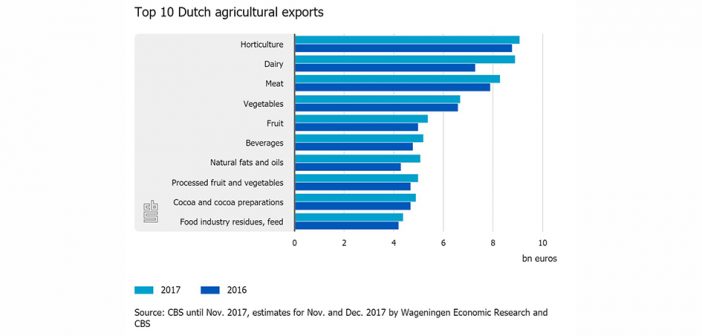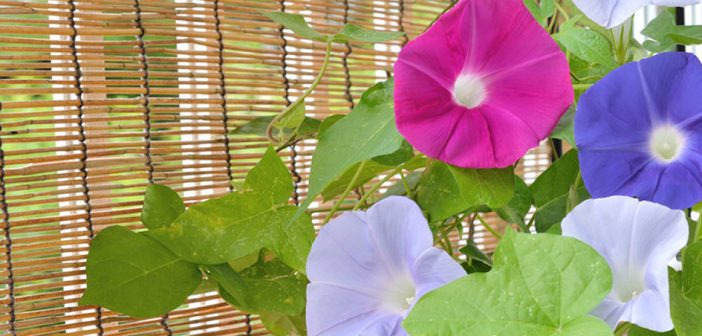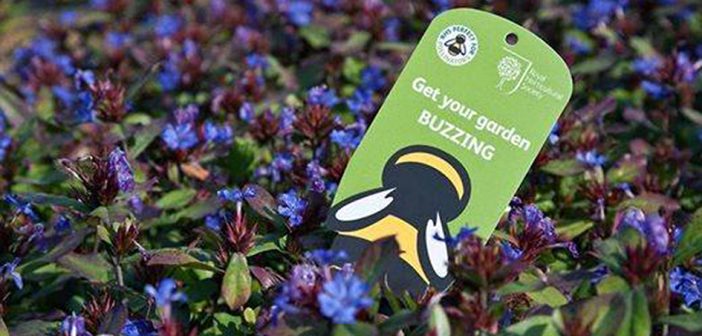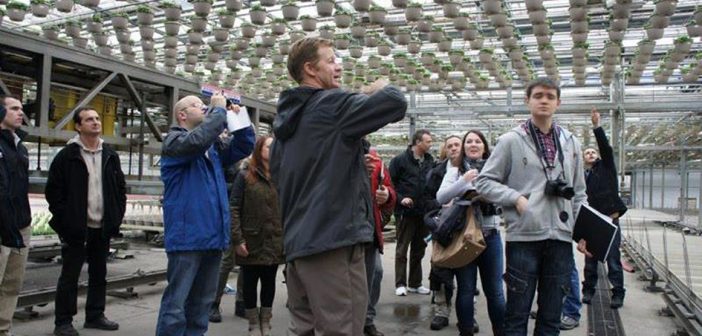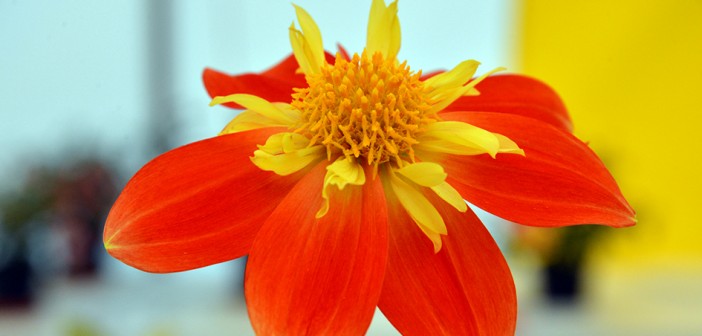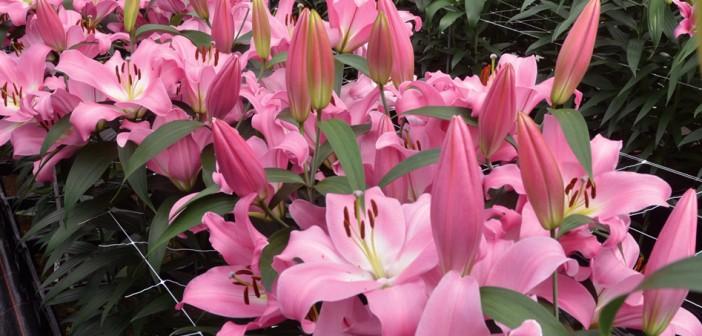Northern Irish company Dundonald Nurseries, which is based in Co. Down, has expanded, including the addition of new garden centre and warehouse facilities.
In the five years the company, which was established in 1963 and which now supplies Tesco, the Henderson Group and a range of independent outlets and florists across Northern Ireland, has grown from three staff to 60 and also runs an award-winning restaurant and gift shop.
“Having started out with one small van, the wholesale nursery aspect of our business now requires four large lorries to service our wholesale customers across the country, reflecting the focus we have placed on a high-quality service and products,” said owner Malcolm McCully.
“Over the past 55 years, the business has expanded steadily because we are continuously innovating to keep up with changing consumer requirements. We are proud of our growth and recently purchased additional land off-site to build a new-state-of the-art glasshouse complex, equipped with the latest growing technology for plants. This is just the latest stage in our investment programme and with the support of First Trust Bank, we have additional growth plans in place to renovate the basement of our restaurant into a function room to offer a new private space for hire.”
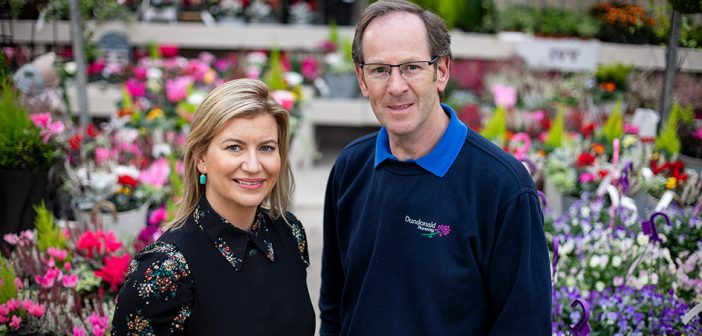
Photo caption: Malcolm McCully of Dundonald Nurseries (right) with Catherine O’Keefe of First Trust Bank, who provided finance for the expansion.
Photo Credit: Dundonald Nurseries The post Dundonald Nurseries expands appeared first on Hort News
